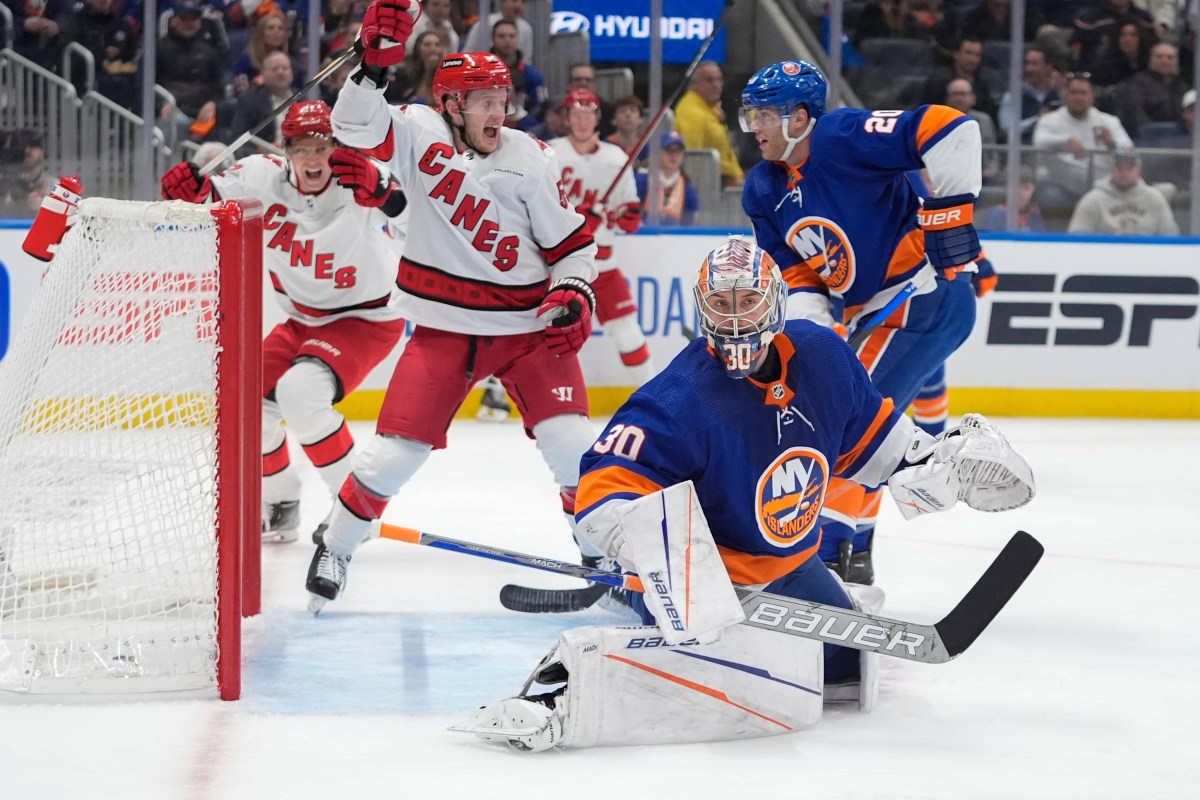WINNIPEG – When Gary Doer announced he was stepping down as Manitoba premier after a decade in power, he set the tone for the race to replace him. Doer said it was time for the party to “renew” itself and he used the word repeatedly in his news conference.
That has left the three candidates vying for his chair promising to bring fresh ideas to the party, and one of them is making age an issue.
“The premier’s outgoing message is that it was time for the party to renew itself … and certainly that’s where I, as the youngest candidate, can step forward and, I think, provide the best opportunity for doing that,” says Andrew Swan.
At 41, Swan is more than 10 years younger than his two rivals. And he is quick to point out that the NDP’s last three leaders – Doer, Howard Pawley and Ed Schreyer – were all selected while in their 30s or 40s.
“I’m actually right in the range of what New Democrats have chosen in the past.”
Swan is a former lawyer who won his legislature seat in 2004. In 2008, he was named minister for competitiveness, training and trade and was also given responsibility for the province’s lotteries and liquor agencies.
While Swan touts his relative youth, the other two candidates can claim far more experience. Greg Selinger, 58, has been Doer’s finance minister since the NDP was elected in 1999. He was a Winnipeg city councillor before that, and he holds a PhD from the London School of Economics.
“We’re in a time of serious economic turmoil and … we have to have a steady hand on the rudder,” says Selinger.
Steve Ashton, 53, has been in the legislature since 1981 and in cabinet since 1999 and he, too, is highlighting his experience. In 2003, Doer tapped him to head the new Water Stewardship ministry. As minister responsible for emergency measures, he handled the province’s response to massive flooding in the Red River Valley last spring.
“I’ve had a number of tough assignments and I always appreciated that Gary Doer came to me and gave me the opportunity to prove myself,” Ashton says.
No matter who wins the leadership at the NDP convention Oct. 17, the public is not likely to see a major shift from the cautious, centrist policies that helped the NDP attract voters from other parties.
The Doer government cut personal taxes, though not as deeply as neighbouring Saskatchewan and other provinces, and reduced business taxes as well. Doer, a former head of the government employees union, also introduced labour-friendly laws, although he stopped short of such union wish-list items as a ban on replacement workers.
That middle-of-the-road approach, along with a steady economy, has helped the NDP take many Tory strongholds in Winnipeg’s well-to-do southern and western suburbs. But the party’s success has largely been based on Doer’s personality, so it is unclear whether his replacement will be able to retain power after the next election in 2011.
In public opinion polls, Doer consistently scored higher personal support than his party. As he led the NDP to increasing majorities in three successive elections, it was his face that adorned most campaign signs instead of the local candidate’s.
Doer connected with voters as a capable leader who was also friendly and accessible, says Paul Thomas, a political science professor at the University of Manitoba.
“I don’t think anybody can match Doer in terms of appealing across wide segments of the Manitoba population,” Thomas says. “In terms of retail politics – selling the party and your ideas and your own leadership – I don’t think any of the three candidates is likely to be equal to Doer.”
All three candidates are well-liked within party ranks. Selinger is seen as a serious, hard-working politician with a strong grasp of policy, Thomas says, although he may be challenged to connect with voters.
“Greg is more engaging in smaller settings,” Thomas says. “But we know that a lot of politics today is about connecting with voters in the privacy of their living rooms via television, and he won’t have that boyish smile and quick one-liners, probably, that Gary Doer used so effectively.”
Ashton has a reputation for speaking off the cuff. He once mused to reporters about putting a recycling fee on electronic equipment. Doer quickly killed the idea, saying it had already been rejected by cabinet.
“(Ashton) has a kind of nervous energy which, once he gets going with a point, he tends to … blurt things out and get himself in trouble,” Thomas says.
Swan is at ease speaking in front of large crowds and his reputation as earnest and hard-working has caused him to rise quickly in the NDP’s crowded ranks. But Thomas says some delegates could be turned off by his relative lack of experience.
“I think he has a very promising political career and it’s just a question of whether it’s too early for him.”
Doer was still riding high in the polls when he announced last month that he would step down. The next day he was named as the next Canadian ambassador to the United States.
















